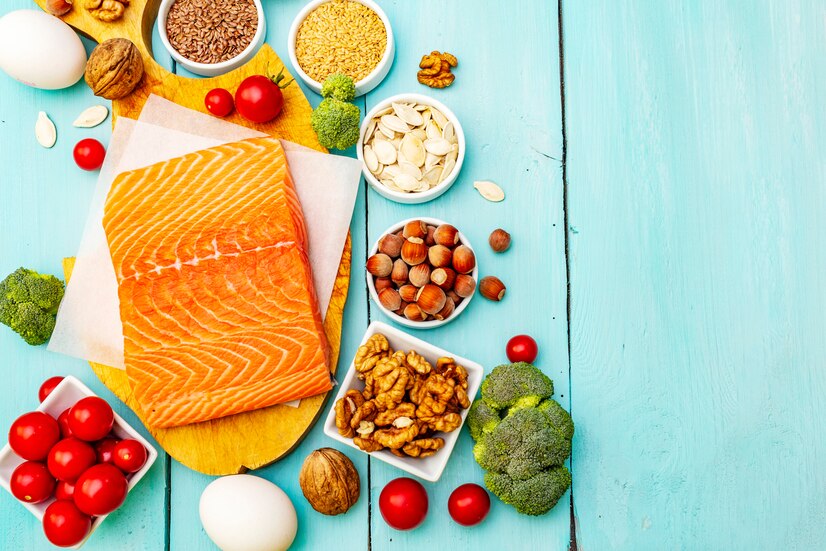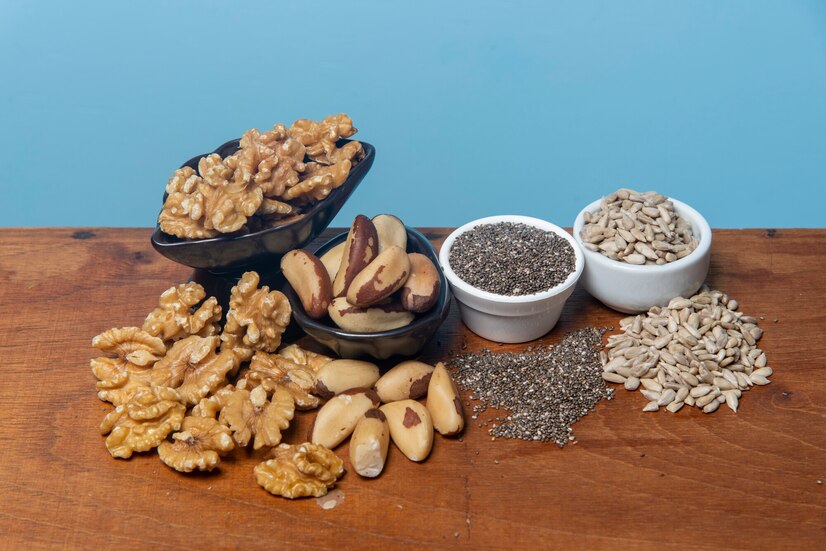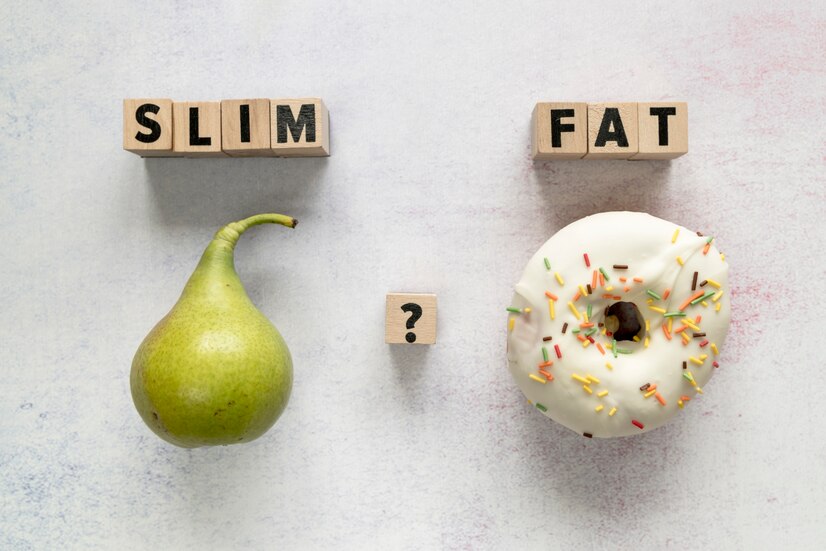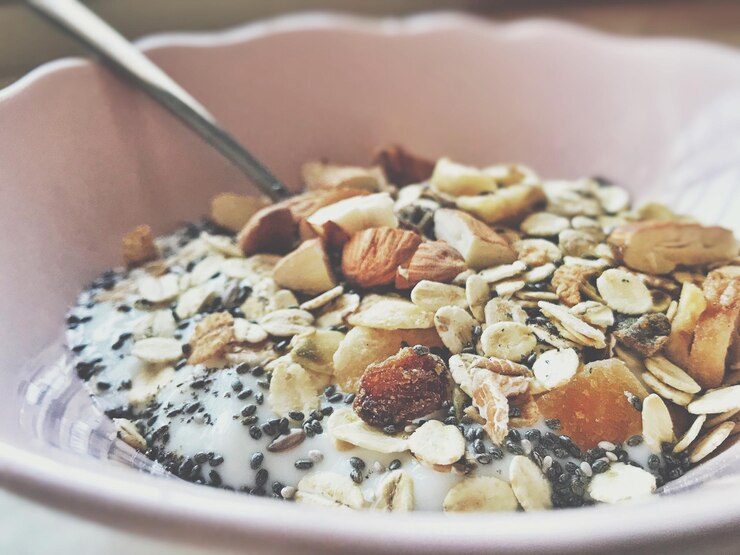
Embracing good fats: Nourishing your health with healthy fats
Good fat foods may offer helpful suggestions for adding healthful fats to regular meals and snacks. This could include recipes for balanced foods, meals that are filling and nutritious, and cooking with healthy oils.
Readers may promote heart health, brain function, and general well-being by making informed food choices by knowing the difference between good and bad fats. They will discover how to use healthy fats to support their health and lead well-rounded lives by following this instruction.
Exploring the benefits of good fats
Good fats have several advantages for general health and wellbeing and they are as follows:
Heart health: By lowering blood pressure, bad cholesterol, and the risk of heart disease, eating healthy fats, such as monounsaturated and polyunsaturated fats, can help enhance heart health.

Brain function: It has been demonstrated that healthy fats, especially omega-3 fatty acids, which are present in nuts like walnuts and fatty seafood like salmon, benefit brain health and enhance cognitive performance.
Nutrient absorption: Fat is essential for the absorption of fat-soluble vitamins (vitamins A, D, E, and K) and other important nutrients in the body. Consuming good fats alongside nutrient-rich foods can enhance the absorption and utilisation of these nutrients.
Reduction of inflammation: Certain good fats, such as the omega-3 fatty acids EPA and DHA, have anti-inflammatory qualities that can aid in lowering the body's chronic inflammation.
Weight control: You may really help control your weight by including good fats in your diet. Because fats are more satiating than protein or carbs, they might help you feel full for longer periods of time, which may help you avoid overeating.

To optimise the health benefits of fats, keep in mind that they should be consumed in moderation and as part of a balanced diet.
Differentiating between good fats and bad fats
Here's how to distinguish between which fat is good for health and which fat is unhealthy:

Good fats (Unsaturated fats):
- Monounsaturated fats: Nuts, avocados, and olive oil are examples of foods high in these fats. They can assist in lowering the risk of heart disease and poor cholesterol levels.
- Polyunsaturated fats: Walnuts, flaxseeds, soybean oil, and fatty fish (mackerel, salmon) are good sources of these fats. They include a lot of omega-3 and omega-6 fatty acids, which are vital for heart health, cognitive function, and inflammation reduction.
- Omega-3 fatty acids: Walnuts, flaxseeds, chia seeds, and fatty fish are good sources of this type. Assist with heart health, inflammation reduction, and cognitive function.
- Omega-6 fatty acids: Included in several nuts and seeds, sunflower and safflower oils, and other oils. Essential for healthy skin and cognitive function, although balance with omega-3 fatty acids is key.
Bad Fats
- Saturated fats: Found in animal products such as butter, cheese, full-fat dairy products, and fatty cuts of meat, these fats are often solid at room temperature. An excessive consumption of saturated fats increases bad cholesterol, which in turn elevates the risk of heart disease.
- Trans Fats: To make liquid vegetable oils solid, hydrogen is added artificially to produce trans fats. Processed meals like fried dishes, baked goods, margarine, and some packaged snacks are common sources of them. Trans fats have been associated with an increased risk of heart disease by raising bad cholesterol levels and lowering good cholesterol levels.

Incorporating good fats into your diet for optimal health
For optimum health, you must include good fats in your diet and they are as follows:
Select heart-healthy cooking oils: When cooking, substitute heart-healthy fats like butter or vegetable oil with oils like canola, avocado, or olive oil. These oils can support better heart health because they are high in monounsaturated fats.
Consume fatty fish: Sardines, salmon, and mackerel are great providers of omega-3 fatty acids. These heart-healthy fats can also help reduce inflammation and enhance brain function.
Add nuts and seeds: A few excellent sources of healthy fats are almonds, walnuts, chia seeds, and flaxseeds. To enhance your consumption of good fats, include a small amount of nuts or seeds in your meals or snacks. But keep in mind that these are high in calories, so watch your portion sizes.
Avocados: A pleasant and adaptable source of monounsaturated fats are avocados. Sliced avocados can be added to sandwiches and salads, or they can be used as the creamy foundation for spreads and dips.
Add nut butter: A tasty approach to get healthy fats into your diet is to use natural nut butter, like peanut or almond butter. Use it as a dip for fruits and vegetables, spread it on whole-grain toast, or include it into smoothies.

Recall that maintaining a balanced diet and consuming healthy fats in moderation are just as vital as including them in your diet.
Conclusion
In summary, including good fats in your diet will greatly enhance your general health and wellbeing. Focusing on heart health, cognitive function, and nutrient absorption can be achieved by emphasising healthy fats from foods like avocados, nuts, seeds, and fatty fish.
In order to have a well-rounded diet, it's critical to find balance and consume healthy fats in moderation. You can fuel your body and experience the wonderful effects on your health by including these healthy fats into your diet and making thoughtful decisions.
Frequently Asked Questions
What are good fat foods and how do they differ from bad fats?
Good fat foods include nuts, seeds, avocados, olive oil, and fatty fish like salmon. These have unsaturated fats, which promote general health and heart health. Processed meals contain unhealthy fats that raise the risk of heart disease, such as trans fats and excessive saturated fats.

Which fats are considered beneficial for health and why?
These fats, which are present in foods like nuts, seeds, avocados, and fatty seafood, can help to maintain heart health by lowering inflammation and bad cholesterol. They also supply our body with the vital fatty acids it needs to function properly.
How can good fats support weight loss efforts?
Good fats can aid in weight loss by prolonging feelings of fullness and decreasing the desire to snack in between meals. They also help maintain a balanced diet by stabilising blood sugar levels and supplying long-lasting energy.
What are some sources of good fats that can be included in a balanced diet?
Avocados, nuts and seeds (like chia and almond seeds), fatty fish (like salmon and sardines), and oils (like canola and olive oil) are a few foods that can provide good fats in a balanced diet.

Are there any risks associated with consuming too much good fat?
Indeed, eating too much good fats can result in a calorie surplus that can cause weight gain and other health problems. To keep a healthy weight and maintain a balanced diet, moderation is essential.









